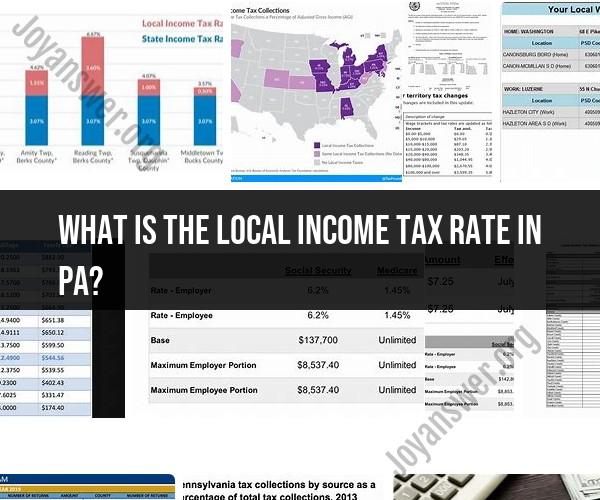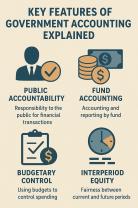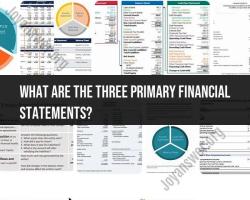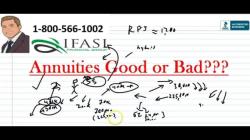What is the local income tax rate in PA?
In Pennsylvania, local income tax rates can vary depending on the municipality or school district in which you reside or work. Pennsylvania has a local income tax system known as the Local Earned Income Tax (EIT), which is imposed by local taxing authorities, including municipalities and school districts, rather than the state government. Therefore, the specific local income tax rate you pay will depend on your location.
Local income tax rates are typically expressed as a percentage of your earned income, and they can vary widely from one area to another. here are some general points to keep in mind:
Local Taxing Authorities: Pennsylvania has over 2,500 local taxing authorities that impose the local earned income tax. Each of these authorities can set its own tax rate, so the rate you pay will depend on your specific location.
Resident vs. Non-Resident Rates: In some cases, residents and non-residents may have different tax rates. Residents usually pay the tax to their municipality of residence, while non-residents pay it to the municipality where they work.
Rate Lookup: To find the local income tax rate for your specific location, you can visit the Pennsylvania Department of Community and Economic Development (DCED) website or contact your local tax collector or taxing authority.
Annual Changes: Local income tax rates can change from year to year, so it's important to check for the most up-to-date rates when filing your taxes.
Since tax rates and rules can change, and different municipalities may have different tax codes, it's essential to consult official sources or speak with a tax professional who is knowledgeable about Pennsylvania's local income tax system to ensure that you are complying with local tax laws and paying the correct rates.
Pennsylvania's Local Income Tax Rate: What You Need to Know
Pennsylvania is one of only a few states in the US that has a local income tax. The local income tax rate in Pennsylvania is set by each municipality, and can range from 0% to 3.9%.
Taxation in the Keystone State: Understanding Local Income Tax
The local income tax in Pennsylvania is a tax on wages, salaries, commissions, and other compensation paid to employees who live or work in the municipality. The tax is withheld from employees' paychecks by their employers.
Calculating Your Taxes: Pennsylvania's Local Income Tax Rate
To calculate your local income tax liability, you will need to know your municipality's local income tax rate. You can find your municipality's local income tax rate on the Pennsylvania Department of Community and Economic Development's website.
Once you know your municipality's local income tax rate, you can calculate your liability by multiplying your income by the tax rate. For example, if your municipality's local income tax rate is 1% and your income is $50,000, your local income tax liability would be $500.
Who is Exempt from the Local Income Tax?
Certain individuals are exempt from the local income tax, including:
- Employees of the federal government
- Employees of the Pennsylvania state government
- Employees of non-profit organizations
- Employees who are under the age of 18
- Employees who are over the age of 65
- Employees who are disabled
Filing Your Local Income Tax Return
Employees who are required to pay the local income tax must file a local income tax return with their municipality at the end of each year. The return is typically due on April 15th, or on October 15th if the taxpayer files an extension.
If You Have Questions
If you have any questions about the local income tax in Pennsylvania, you can contact your municipality's tax office.
Here are some additional tips for understanding and calculating your local income tax in Pennsylvania:
- Keep good records of your income and expenses. This will make it easier to file your local income tax return at the end of the year.
- If you are a self-employed individual, you may need to pay estimated local income taxes throughout the year. You can estimate your local income tax liability using the Pennsylvania Department of Community and Economic Development's estimated tax calculator.
- If you are a nonresident of Pennsylvania, you may be able to claim a credit for taxes paid to your state of residence.
- If you have any questions about the local income tax in Pennsylvania, be sure to contact your municipality's tax office.













